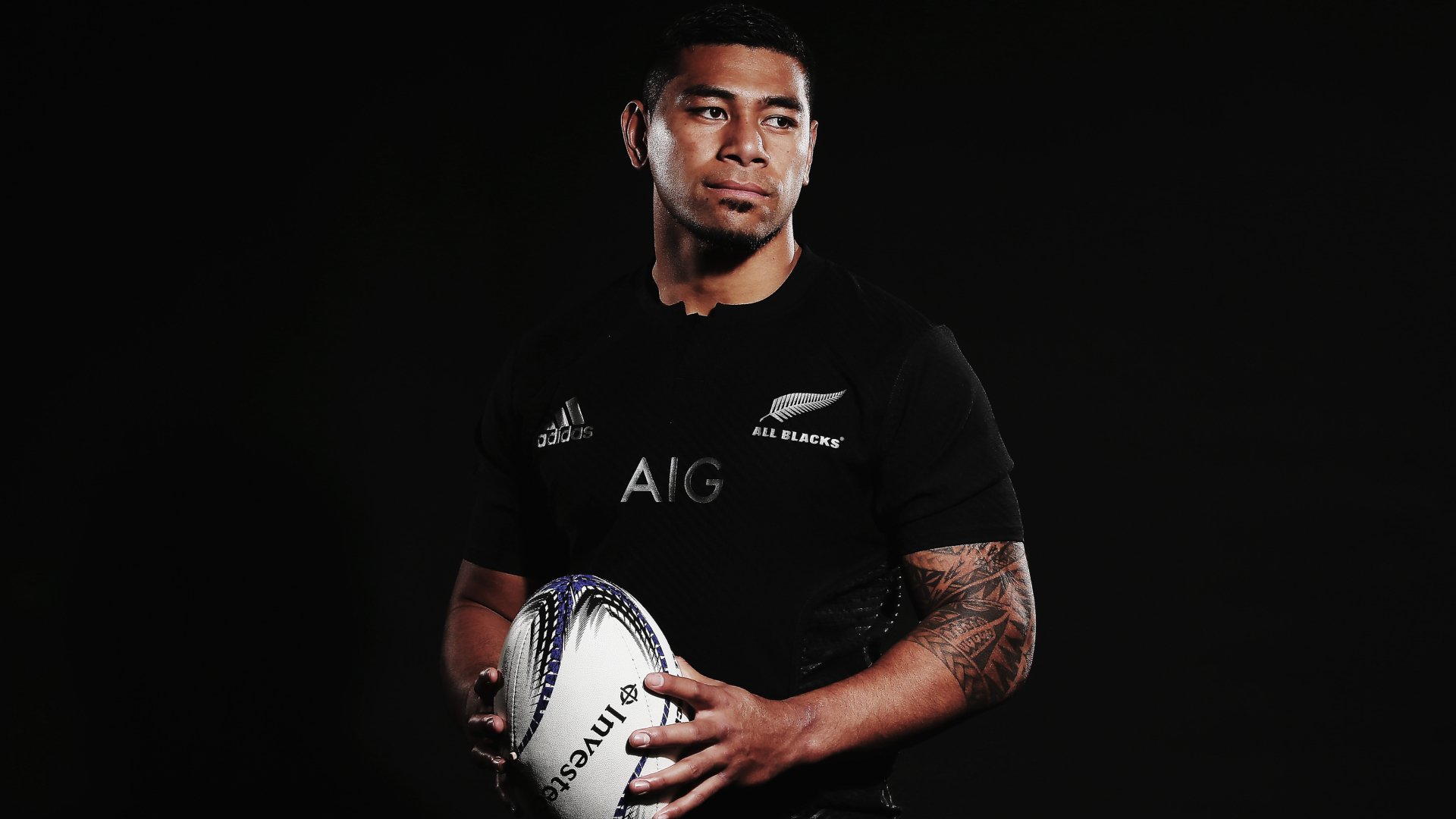'I’m holding out hope that it can still happen' - Piutau targets World Cup return

All Black Charles Piutau has reiterated his desire to return to international rugby by switching to play for Tonga at the World Cup.
Piutau won 16 All Blacks caps but a move to Europe ended his chances of adding further caps.
The full back is just 26 and has been a huge success while playing for Wasps and Ulster.
Having signed for Bristol, Piutau will enjoy the tag of being the highest paid player in world rugby, yet is ineligible to play test rugby, due to All Black rules that prevent anyone playing offshore from selection.
However, there is a loophole in World Rugby’s eligibility laws, that could see the 26-year-old represent Tonga, his country of heritage at the 2019 Rugby World Cup in Japan.
Piutau will need to represent their sevens side in either their Olympic qualifying schedule or at the 2018/2019 World Series.
Should this come to fruition the utility back would become eligible to represent Tonga’s fifteen-a-side team, a loophole that Tim Nanai-Williams has utilised to represent Manu Samoa.
“I’d love nothing more than to be able to represent Tonga at the next World Cup,” Piutau told Press Association Sport.
“I’ve expressed my desire to do that previously, but so far there has been no word about whether that would be possible.
“I’m holding out hope that it can still happen, but obviously the longer that goes on without any suggestion of the rulings changing, then the less likely that becomes.”
Last December in an interview with RadioLIVE, Piutau confessed that the switch was something that had been on his mind for some time and is confident the switch will materialise.
“At the moment, if all my clubs that I’m with currently are happy, and the Tongan union and all different parties are happy, then I will be more than happy to,” said Piutau.
“I was born in New Zealand but both my parents are born in Tonga, and I have a strong connection and ties to the culture and for Tonga as well, so it feels like I’m just as much as I’m a Kiwi.”
“I feel equally Tongan because of my upbringing.”
“The Tongan coach had approached me, and it was something I thought of even before he had approached me.”
He is also optimistic that players who find themselves in a similar situation will follow his lead, to help growth of the game in the Pacific Islands and to give back to their countries of heritage.
“It’s beyond the individual and seeing the benefits what it can do for second-tier countries,” said Piutau.
“For me it’s maybe just revisiting the rules that we have at the moment and really seeing the benefit of players that are no longer playing international rugby that are overseas being able to help out the tier-two nations.
“Having seen what it’s done for the World Cup in the league, I think that speaks for itself and how much it had helped their sport.”
Piutau is however also conscious that the loophole doesn’t become abused.
“When players do get involved they’ll see the benefits of not only being there from a World Cup perspective, or during that season, but during the other tours, during the other years,” he said.
“The tier-two nations need it more and I guess in way too you don’t want too many switches between countries.”
Pacific Rugby Players Welfare Chief executive Dan Leo is keen for a rule change.
“World Rugby have spent a lot of time fine-tuning their policy over residency qualifications,” he said on Sport 360.
“But we would like to see regulations brought in where players who qualify for more than one nation and have been capped for Tier One teams can then – after a suitable cooling-off period – be allowed to represent another Test team from a lower tier.
“We’re not looking at top stars of the game in their prime, we’re looking at guys who perhaps have a handful of caps for a Tier One nation, have then moved abroad, and years later want to represent a Tier Two nation through their heritage.
“So guys like Charles Piutau fall into that category.
“The impact the availability of big stars like Charles could have for Pacific Island nations would be huge.
“There’s no policy that allows players in those situations to go back, and we need that established if those nations are really going to be able to progress.
“We’d like these guys to be available for the coming World Cup. It’s probably touch-and-go now timing-wise, but I’d imagine we could get the ball rolling on that quite quickly.”









































































